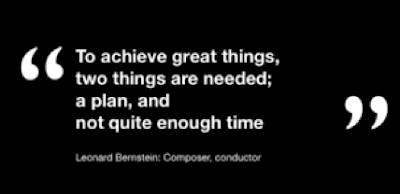Of the many interesting people I listened to, Ewan McIntosh stood out for me because he connects imagination, problems and learners together. I liked him for the way he made everybody matter. Most of the people attending were school teachers, yet it took only a little twist to see the relevance for our very young children in early childhood.
I went to his keynote address and two other workshops because I wanted to hear more about the practicalities of creating learning environments where all children could succeed. As an example he talked about children at Rosendale (Brixton, London). The teachers there wanted to explore: ‘How might we better tell the story of learning for every single child in school?’ Through this process their children have been encouraged to become ‘problem finders’. In a usual project approach, teachers are the ones who come up with a topic to research. In Rosendale, it is the children and the learning that results is exceptional. I can’t do this justice here and so I would encourage you to check out this web article. You can also see Ewan in action in this video.
As I thought about all the exciting, innovative ways of engaging children in schools, it sounded a lot like what we do in early childhood when we are driven by Te Whāriki principles. When children have great resources, environments that generate curiosity to fire passion, children see real work in real time and they have the freedom to play around with ideas PLUS detailed feedback opportunities about their progress THEN great learning happens. Often this interest generates more questions than answers and draws children into growing their ideas together. Teachers can be left wondering about their role and a good yard stick to measure how effective we are is to ask ourselves a few questions:
- Have I hijacked the children’s ideas (even with the best intentions)?
- Have I asked questions that I know the answer to?
- Are the questions we’re working on ‘googleable’? Ewan talked about ‘un-Googleable’ questions that open up learning-rich tangents.
- Am I trying to squeeze all this learning into fragments?
- When do I really think the real learning happens?
 |
| A favourite quote of Ewan’s from Leonard Bernstein. |

No comments:
Post a Comment